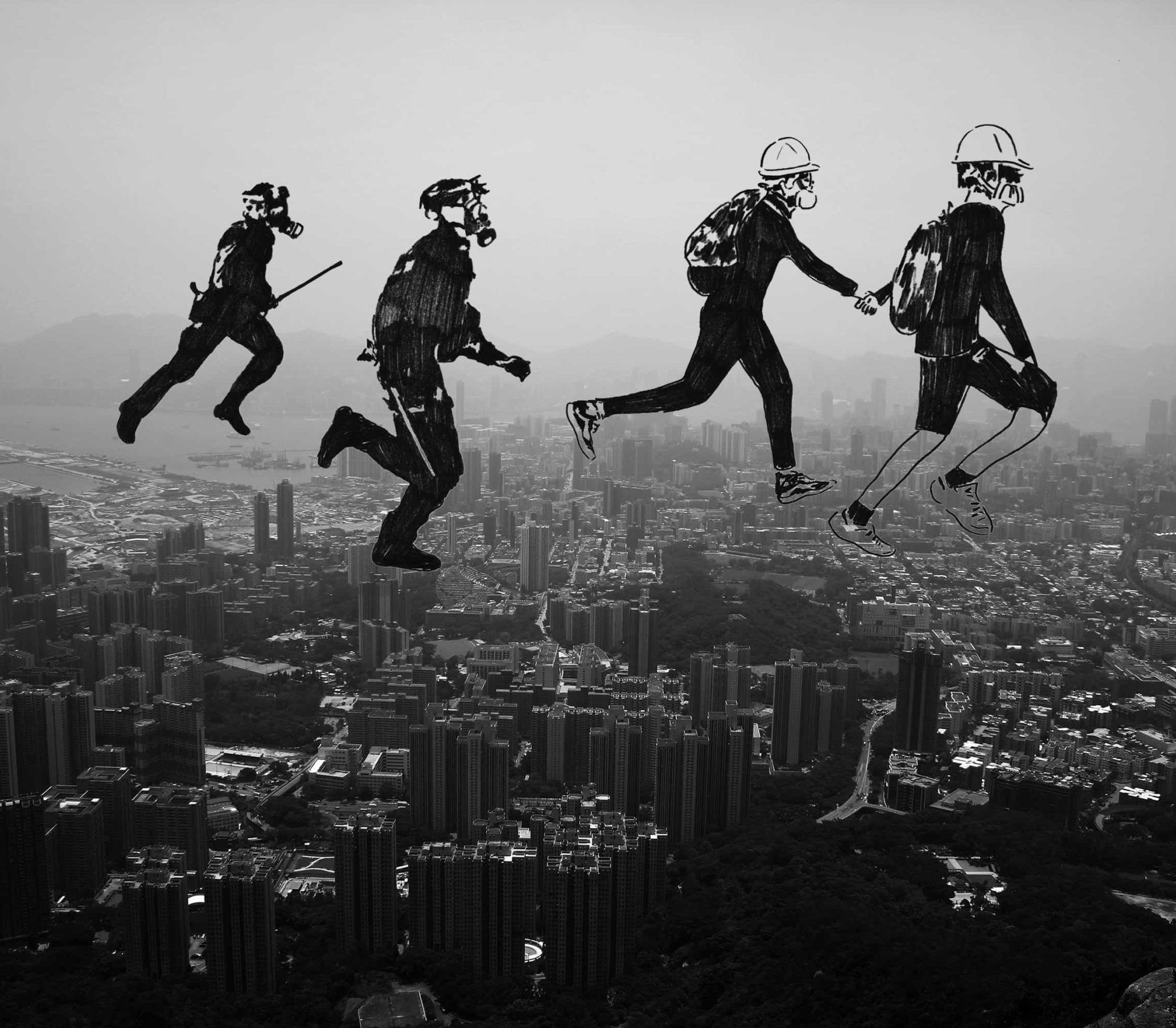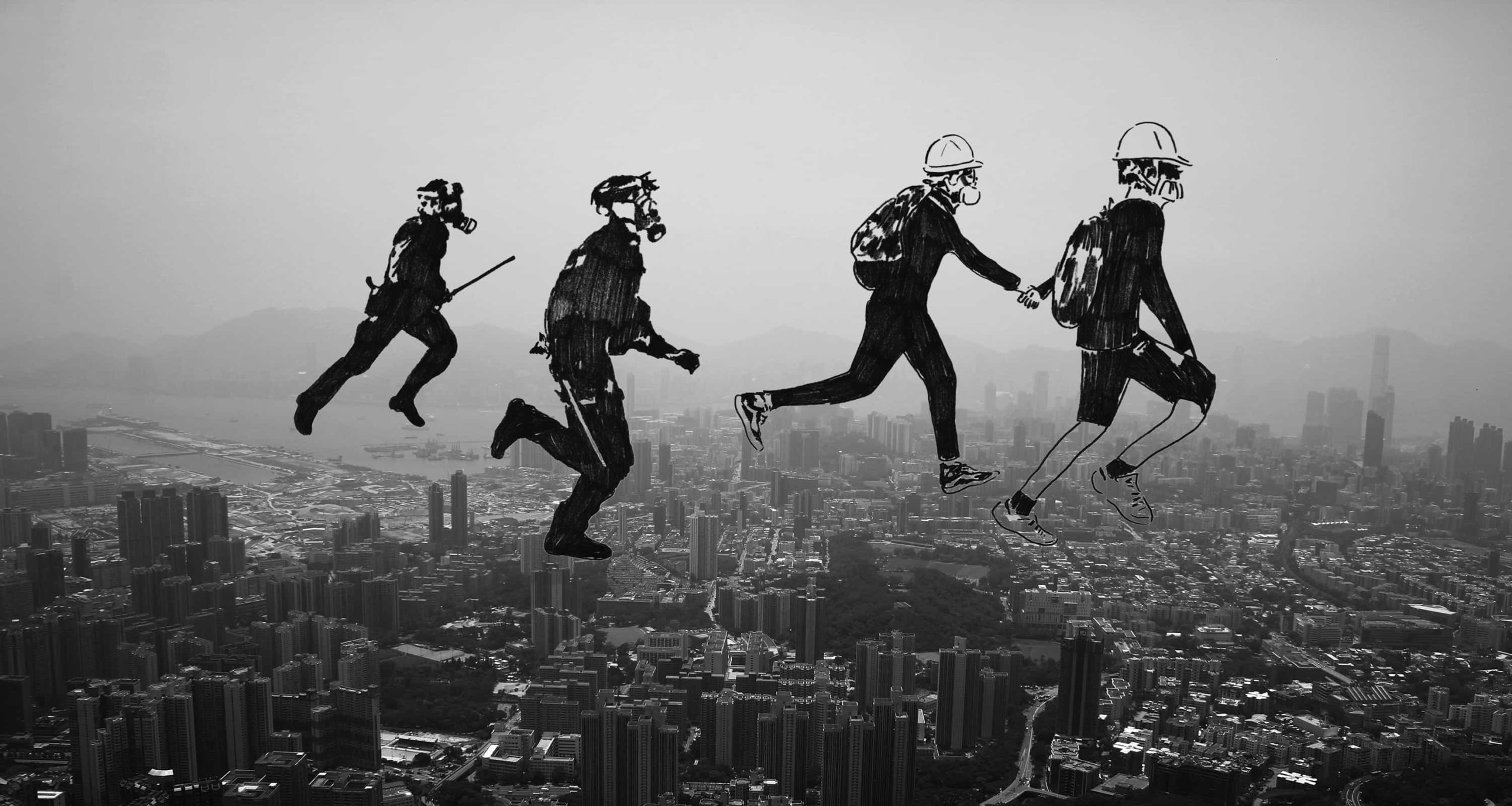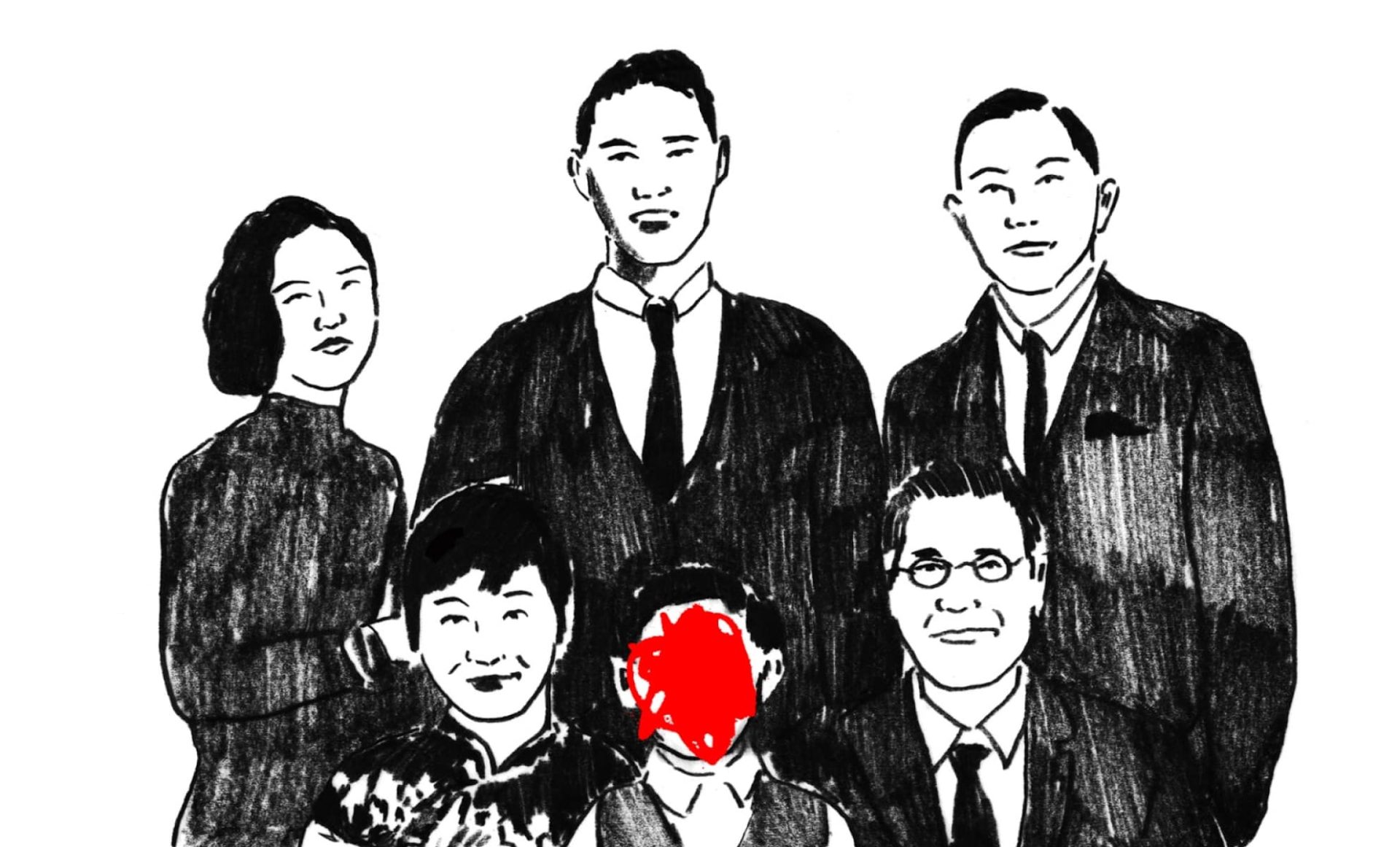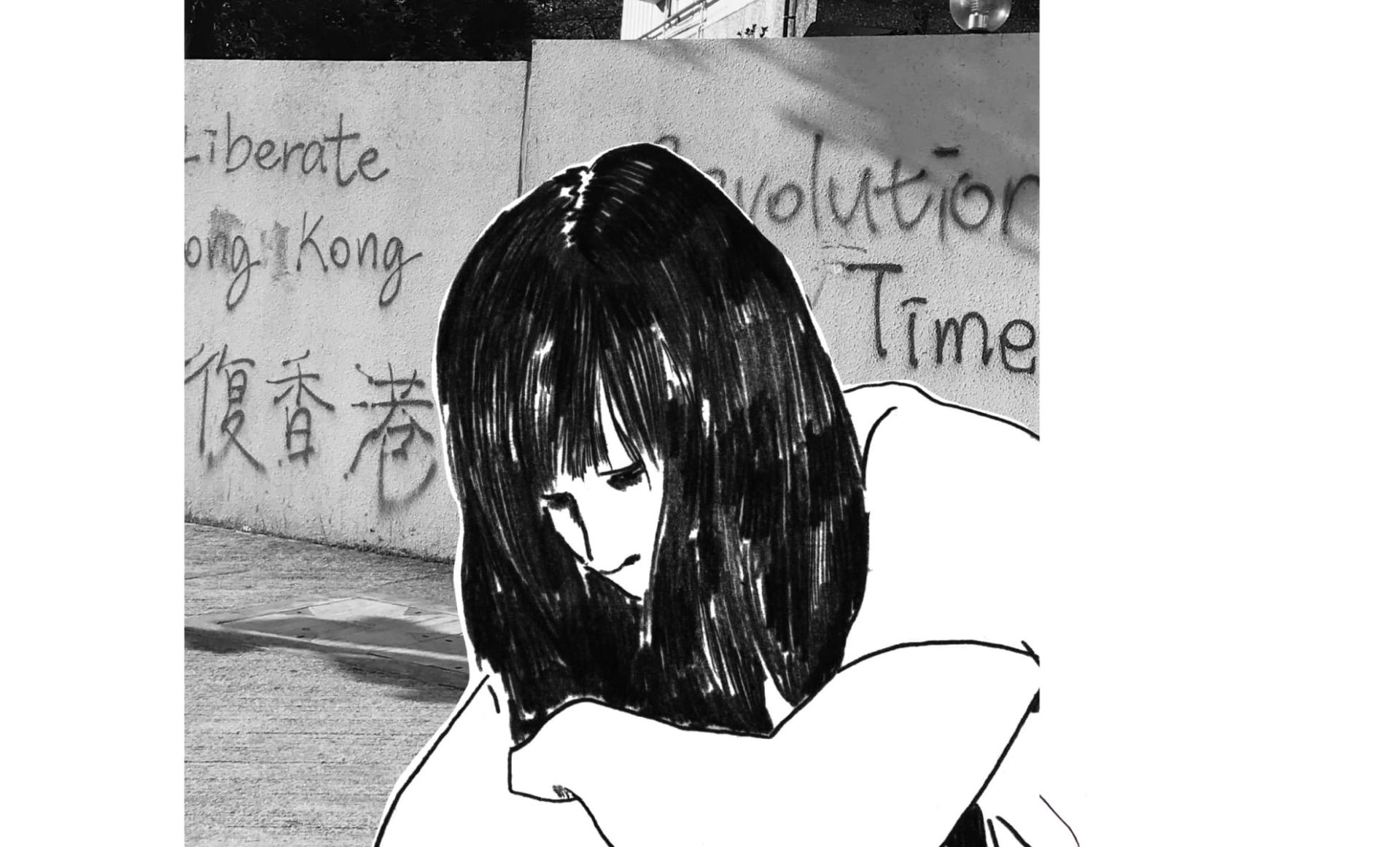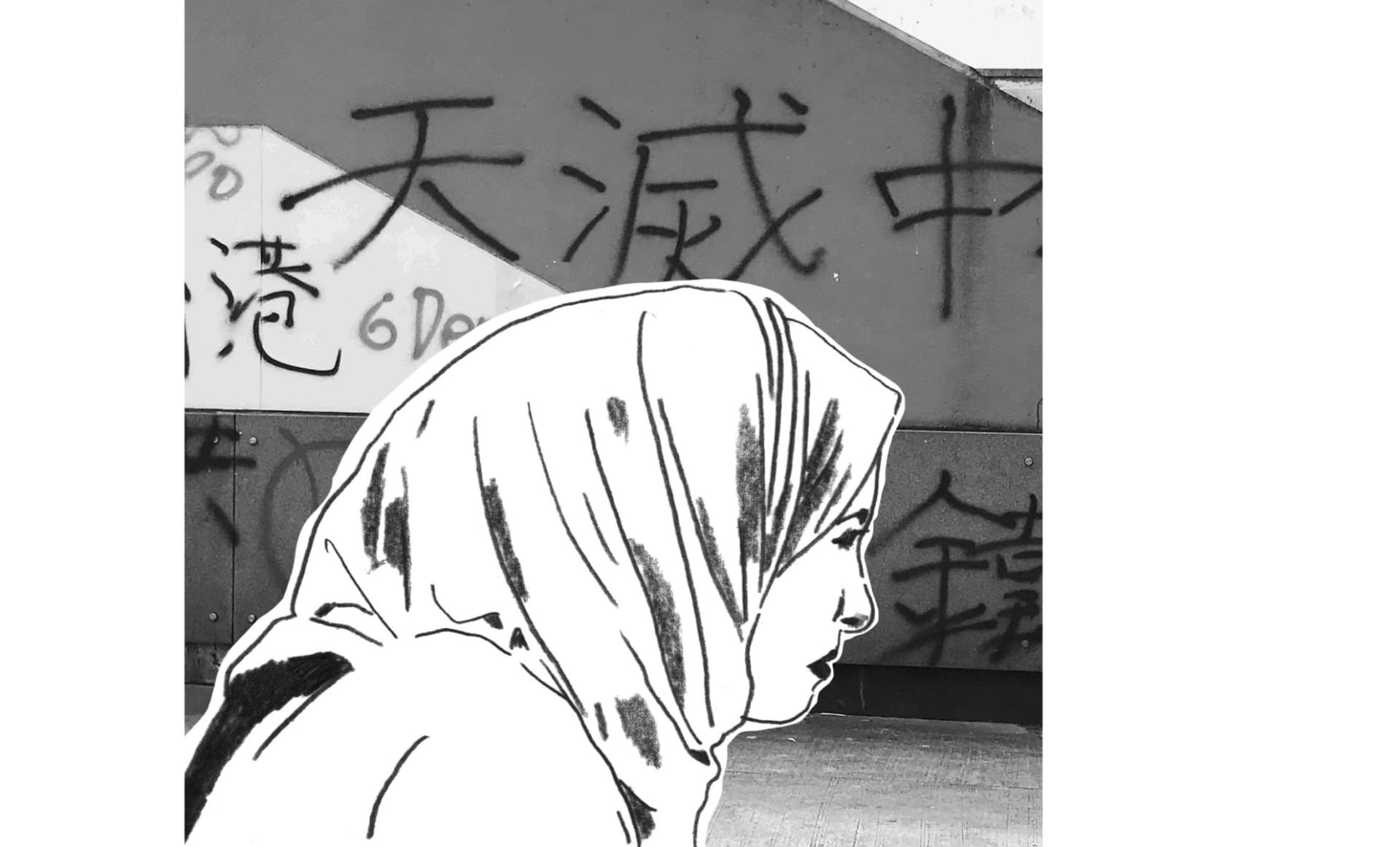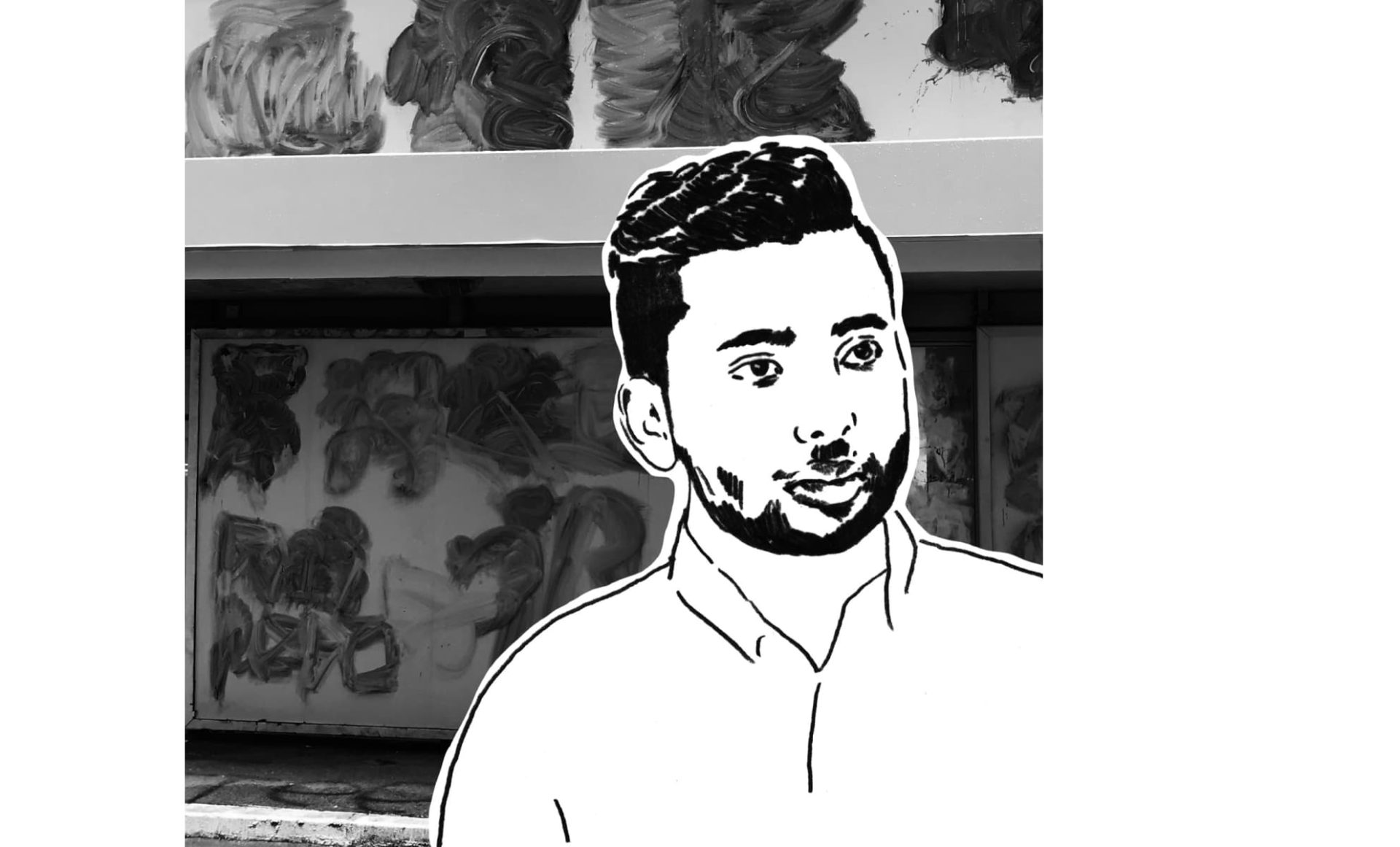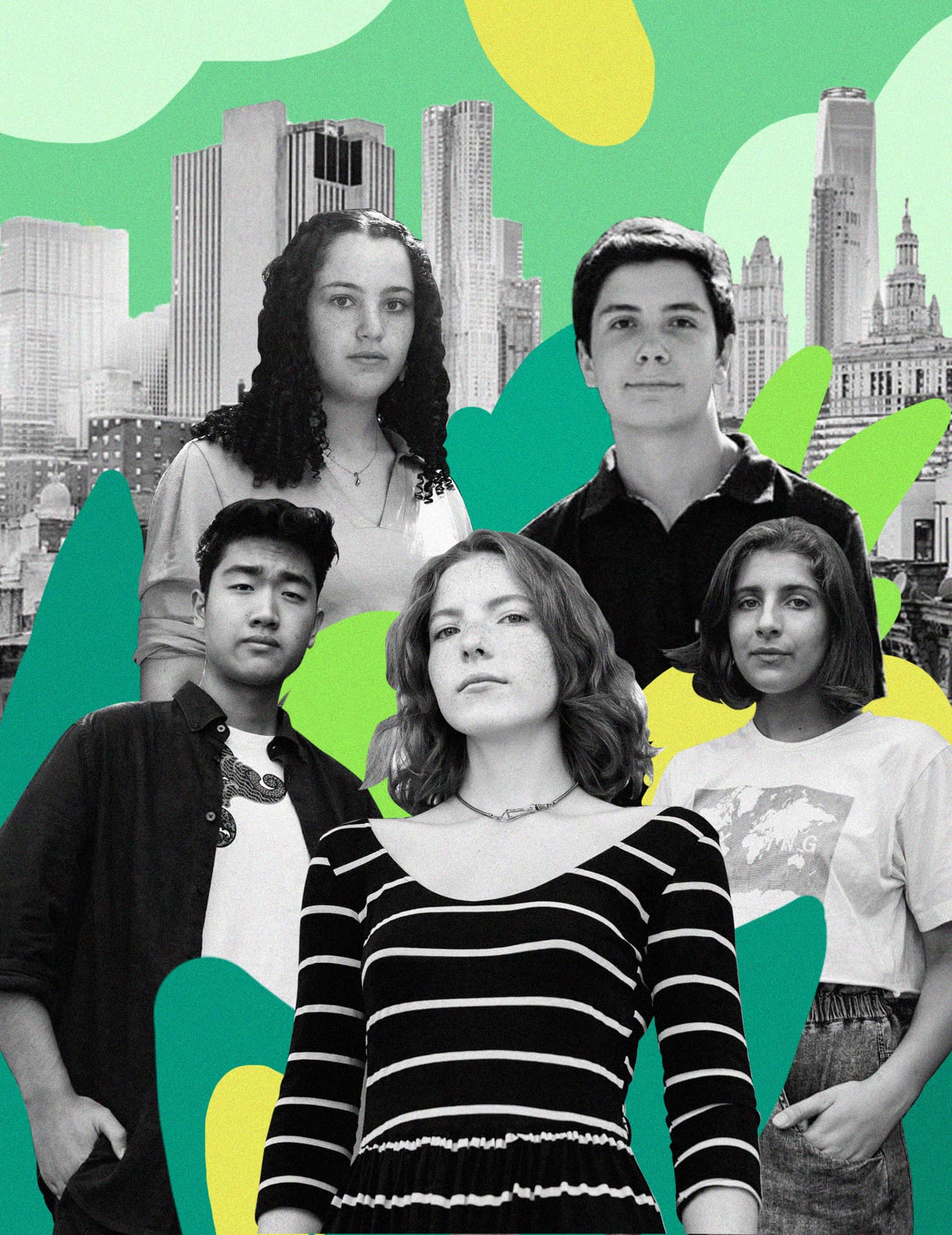Since June 2019, what began as peaceful marches against a proposed extradition bill have escalated into city-wide unrest and violence in Hong Kong. There were several issues bubbling under the surface for decades: a housing crisis with the world’s highest rents (per square meter), severely widening wealth inequality, a pressure-cooker education system and rampant xenophobia and racism against ethnic minorities.
What’s happening now is a reckoning, at the heart of which is a deeply existential and moral question of configuring a post-colonial non-sovereign region’s place in the world. The government’s since withdrawn extradition bill served as a final crack in the surface of Hong Kong’s image as “Asia’s World City.” Citizens have utilized these massive demonstrations (some have drawn over one million attendees) to express their broader concerns beyond the bill, regarding universal suffrage and political freedom, an inflated housing market, the lack of social mobility for underprivileged youth, and finally, how Hong Kong runs on the labour of a massively underpaid working class. Our city’s anxiety is reflected in our dangerously high rates of youth suicide, with as many as one in three young (6-24 years old) Hong Kongers suffering from stress, anxiety or depression.
